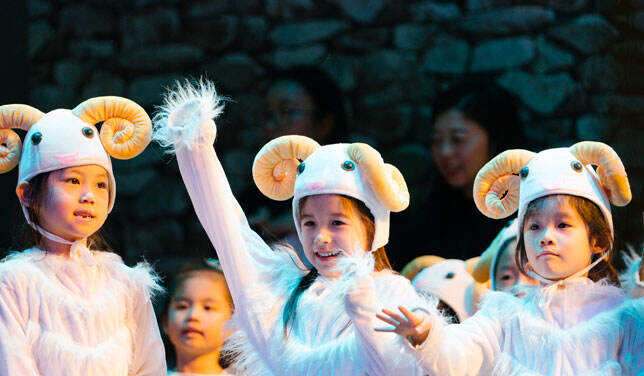Preparing your ‘TCK’ for the transition to university, part 1
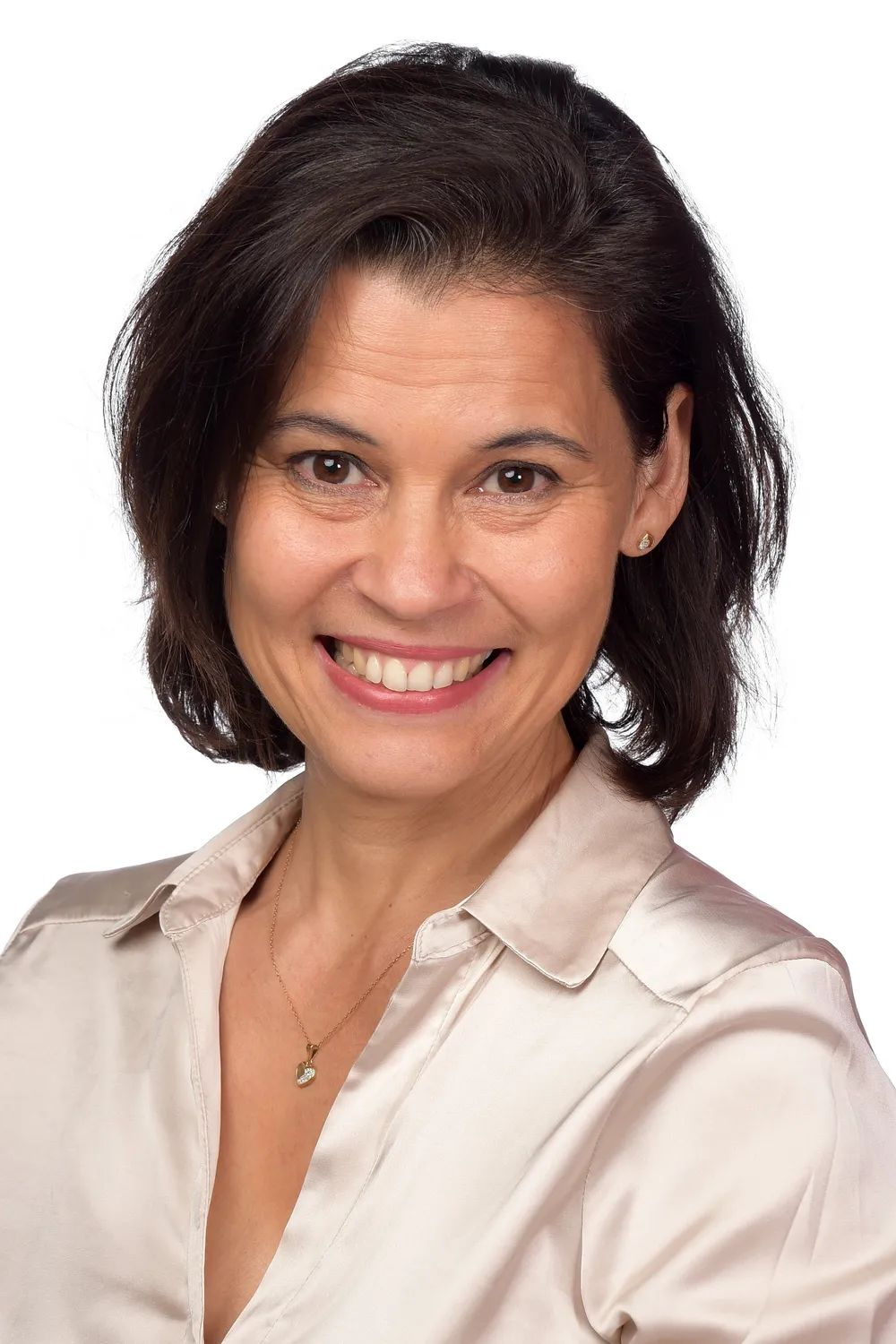
Ester Keuning
Many children who grew up globally mobile will tell you they flew before they could walk. Due to the nature of my husband’s work, my children were familiar with the flight attendant's speech on aeroplanes before they were even born.
Thanks to the work of David Pollock, Ruth Van Reken, Norma McCaig and Ruth Useem, there is an actual language for describing children who spend a significant part of their developmental years in cultures other than that of their parents. These expatriate children are commonly referred to as ‘third culture kids’ (TCKs) or ‘global nomads’, and they amass unique skills and gifts from their cross-cultural and highly mobile lifestyles.

Besides the obvious gifts of learning new languages, TCKs gain the innate ability to get along with others of differing backgrounds. They understand that friendship and respect have nothing to do with nationality or skin colour. They understand that there are many ways of doing things and not just one ‘right’ way. That is why they often make successful bridge builders, negotiators and mediators.
But there is a flip side to all of this as well. TCKs often face common challenges once they step out of the ‘third culture’ where they enjoyed a sense of belonging with others of shared living experience. They often feel alienated, that they do not fit in. This can lead to feelings of loneliness and depression.
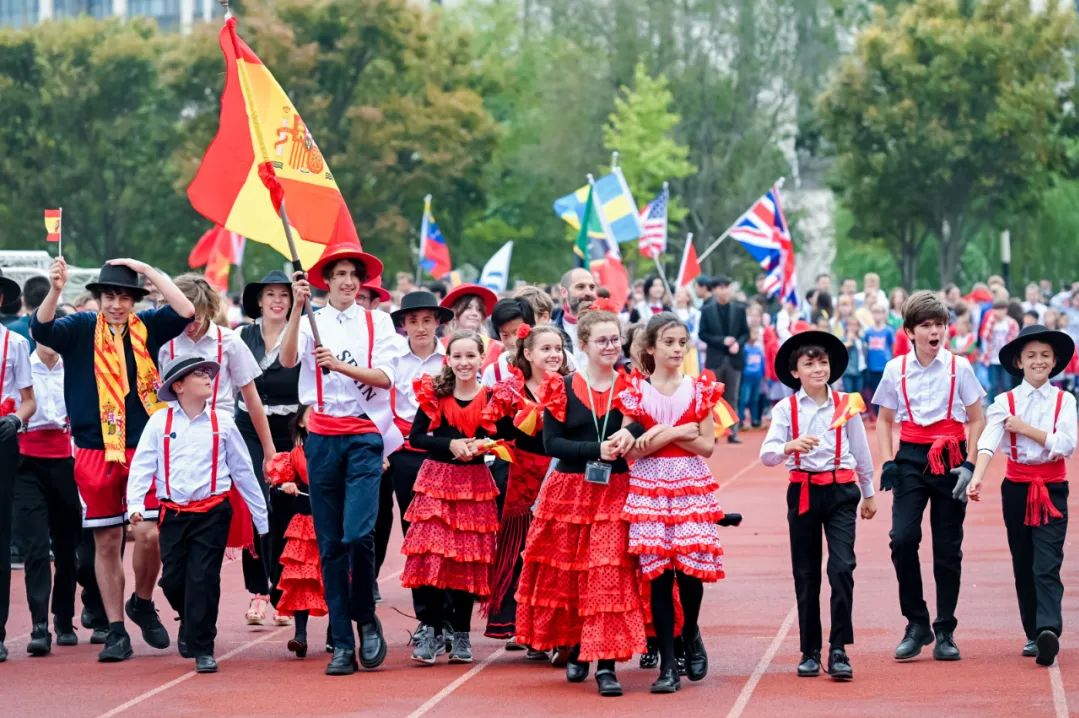
But it does not have to be this way. TCKs who understand how their life experiences are different from those of their university classmates are better equipped to understand their unique challenges and how to deal with them.
Dr Barbara Schaetti explains that when many TCKs leave their host countries, they often feel out of place, alienated and isolated at first. She calls this the ‘encounter stage’. Typically, a TCK does not take into account how different their international experiences make them. All they know is that they do not fit in. However, if they are moved to explore these feelings, they will move into the ‘integration stage’ and can learn to be more comfortable with who they are and inevitably excel in this new environment.

Anyone going through a major life transition goes through five predictable stages. Understanding what takes place in each of these stages not only prepares us but also helps us to appreciate that it is normal and temporary. Every first-year university pupil is going to go through these same five stages, but TCKs and, for that matter, all international pupils, have cultural adjustments to make as well.
Involvement stage – This is life as the TCK knows it. They are involved in the community and have friends, roles and responsibilities. They feel comfortable and affirmed.
Leaving stage – This begins the moment they are aware of an upcoming change. For the university-bound TCK, this could be from the time they are making university visits, application time or decision time. There is a separating and distancing from roles, responsibilities and relationships. There are mixed emotions — celebrations mixed with farewells.
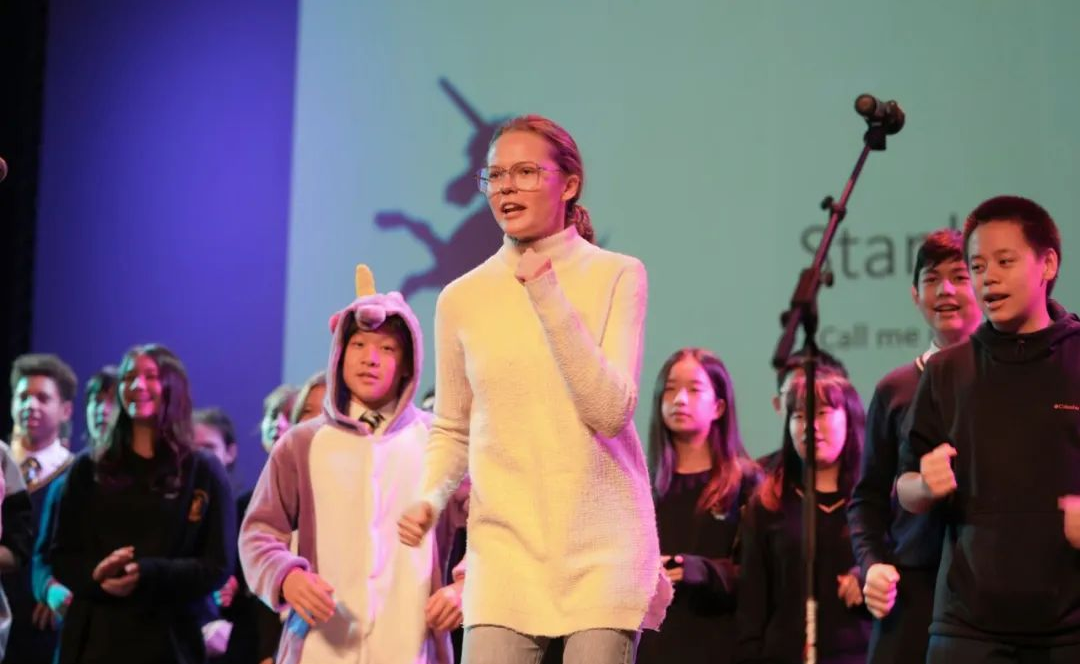
Transition stage – This starts the moment TCKs arrive in their new environment. It is characterised by utter chaos. Everything is new and different. They experience culture shock or reverse culture shock. At first, everything is fun and exciting, but they eventually begin to resist adjustment. They may feel like they chose the wrong school and contemplate transferring.
Entering stage – This stage begins the moment the TCK either consciously or unconsciously decides they are going to settle in and become a part of this new place. Feelings of self-doubt, anxiety and ambiguity from the transition stage may persist, but they are committed to sticking it out and making it work.
Re-involvement stage – A TCK usually reaches this stage after a long school break. They begin to feel that this new place feels more like home. They once again enjoy the feeling of affirmation through relationships, roles and responsibilities.
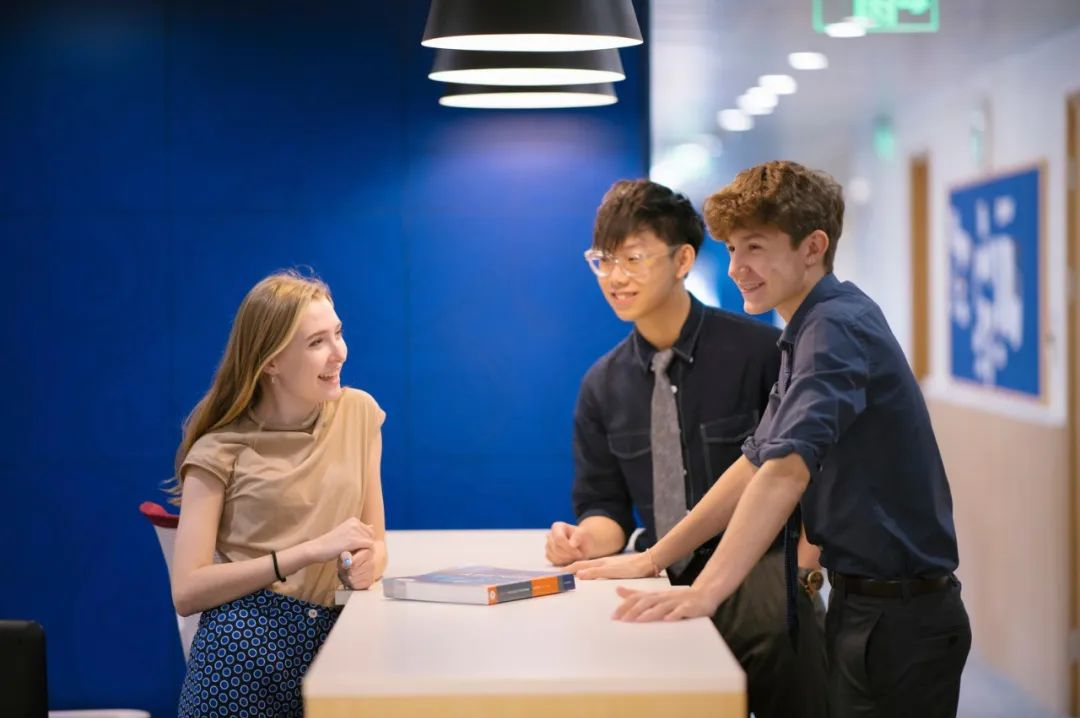
Nevertheless, however predictable these stages may be for anybody going through such a transition, it is important that we realise that TCKs are likely to experience them differently.
We will explore that and how we can develop coping strategies in Part Two of this series including the experience of homesickness and grief particular to the TCK global nomad and the challenges of developing inter-personal relationships after leaving a host country and expatriate life and culture.
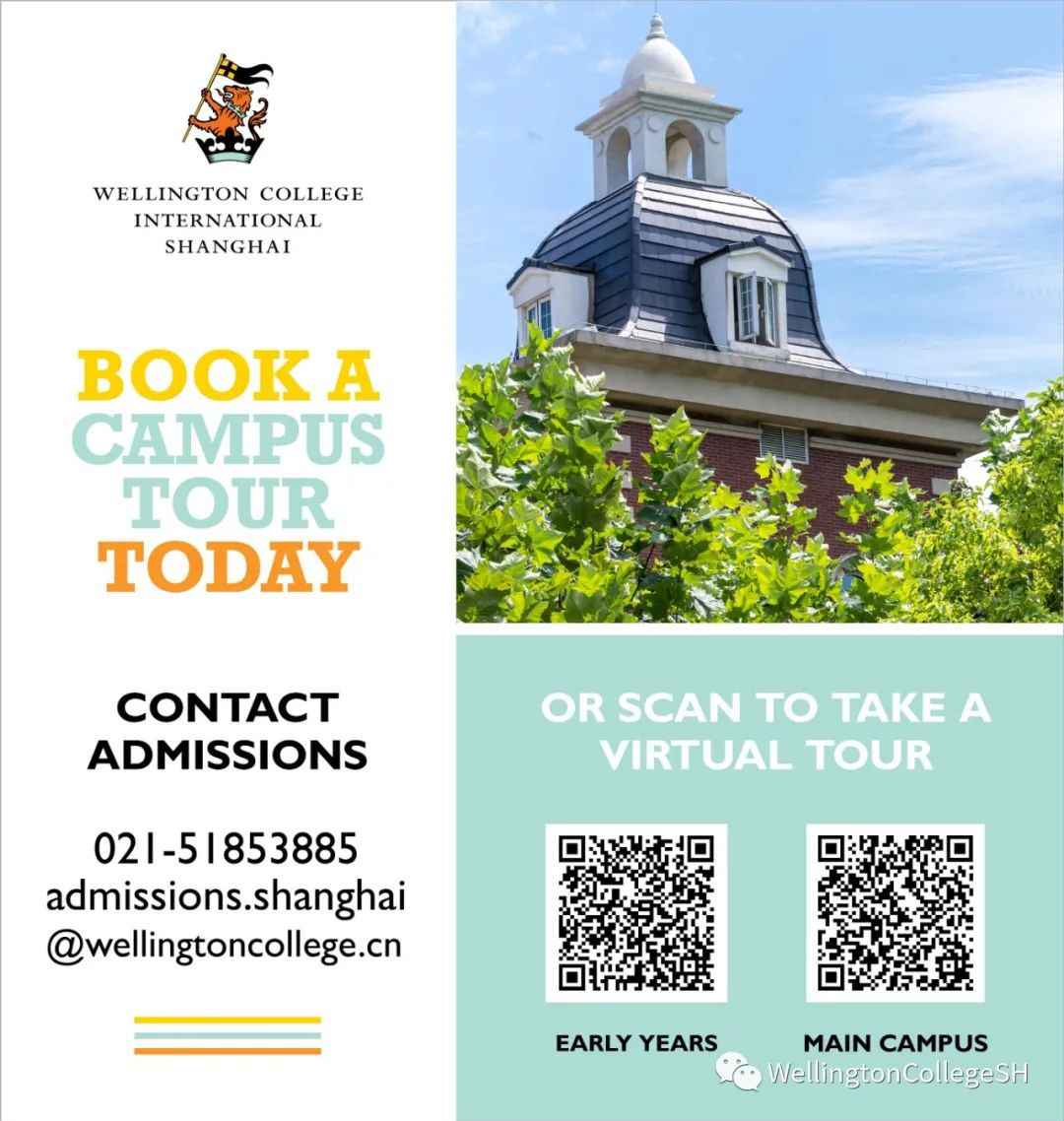
A Wellington Welcome
Wellington is taking rolling applications for the 2021-22 academic year and inviting future Wellingtonians to join us for tailored campus tours for 2022 entry.
Children and young adults applying for our Senior School (years 9 through 13) and Academic Scholarship programmes are encouraged to visit and experience Wellington first-hand.
For those interested, please complete a registration form by scanning below QR code.

相关资讯











